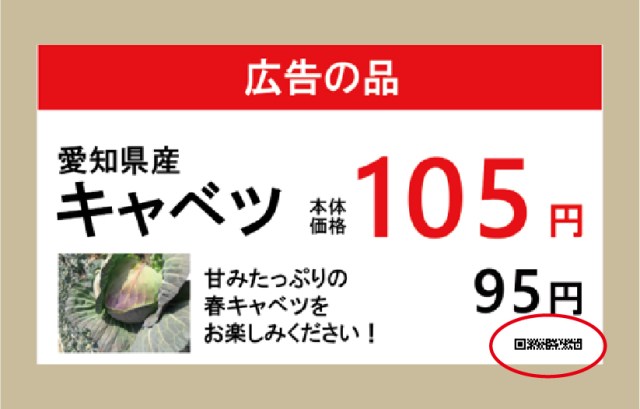
What’s old is new again.
For the longest time we’ve been using UPC bar codes to store strings of information in a compact space on both product labels and people in dystopian sci-fi movies. But as our needs grew and became more advanced, something better was also needed.
And so, in 1994 Denso Wave, a subsidiary of Toyota, developed the QR code as a way to scan larger amounts of information more quickly on product labels or by drones in the sky, with the added benefit of freaking people out.
But familiarity often breeds contempt, and as QR codes became a part of our everyday lives, they began to feel clunky in their own right. In a similar way to the old half-full or half-empty glass of water quandary, a square code could be seen either as a short bar or a fat bar depending how you look at it.
▼ How am I supposed to put this QR code on a drinking straw? Never mind “why,” I just want it there!
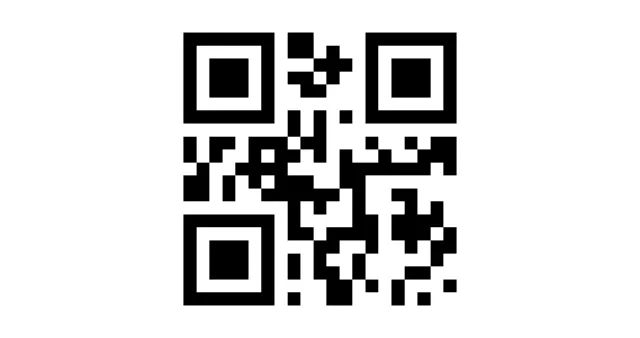
In response to such concerns the Micro QR code was developed, but it’s compact size came at the price of limited data storage.
▼ I can barely fit a specific page’s URL! And you call yourself a code…
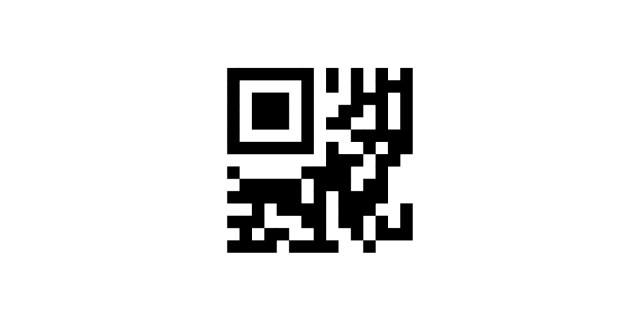
Now, Denso Wave feels they have struck a balance between the beefy storage of a QR code with the sleek elegance of a bar code with the rMQR code. It has a layout like a stretched out Micro QR code, but boasts about ten times the data capacity.
For comparison, a standard QR code can hold up to 7,089 numerical digits or 4,296 English letters. A Micro QR code can only contain up to 35 numbers or 21 letters, but a rMQR code ups it to 361 numbers or 219 letters with only a slight increase in size over the Micro QR code.
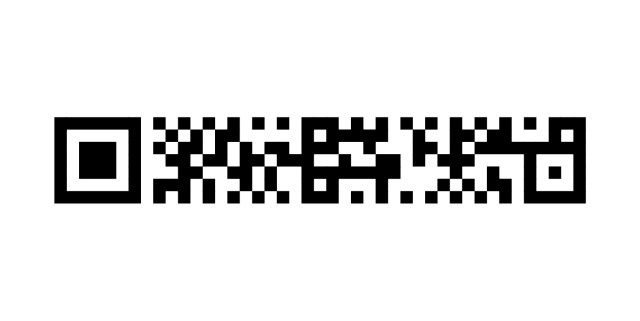
The rMQR code format has already been approved by ISO, making them available for widespread use. They can also fit into and onto an number of places where a standard QR code might have problems, such as the border of a picture or curved surface of a vial.
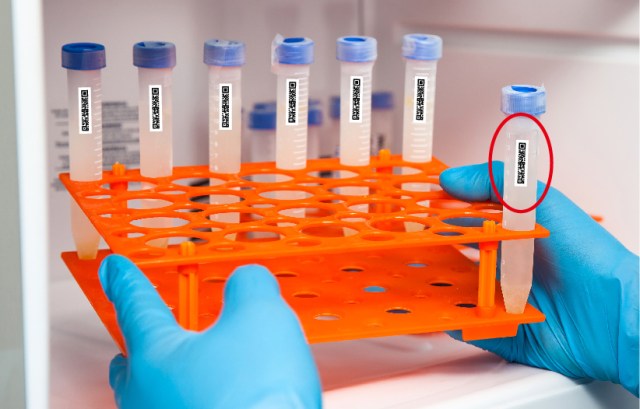

And so it looks like the classic bar is making a triumphant return to the world of codes. It just goes to show that as the world constantly evolves so to must the means of data storage and communication advance. It’s still too early to say if this new format will overtake the original QR code, but if it does I will feel really bad for all those people who got one tattooed on themselves.
Source, images: PR Times
● Want to hear about SoraNews24’s latest articles as soon as they’re published? Follow us on Facebook and Twitter!

No hay comentarios:
Publicar un comentario